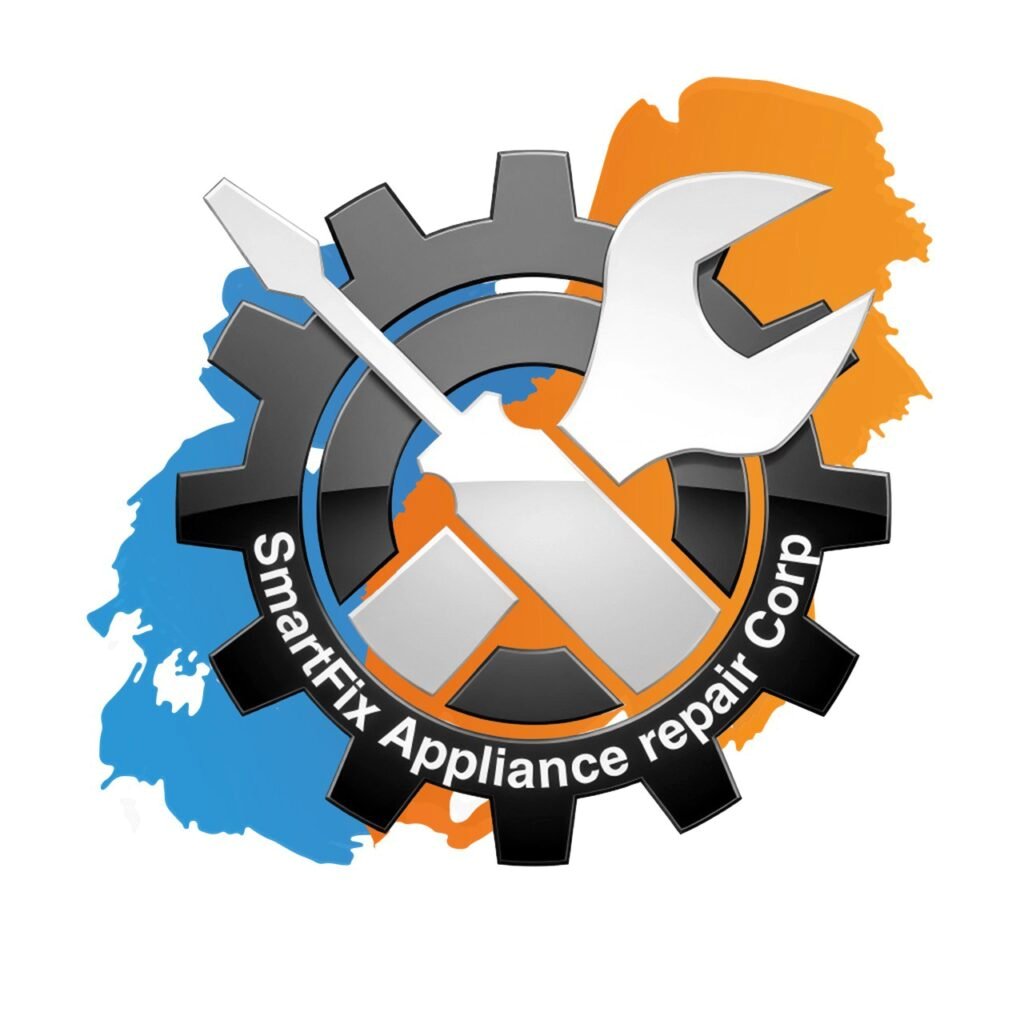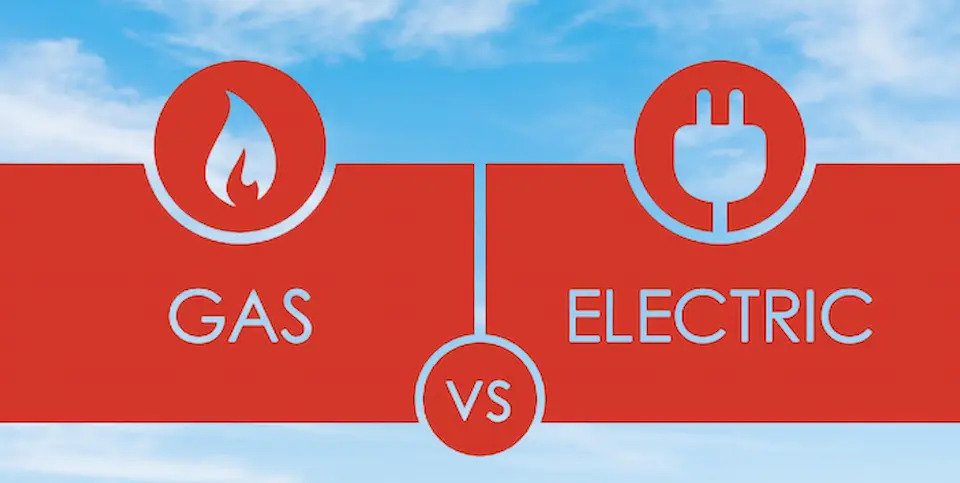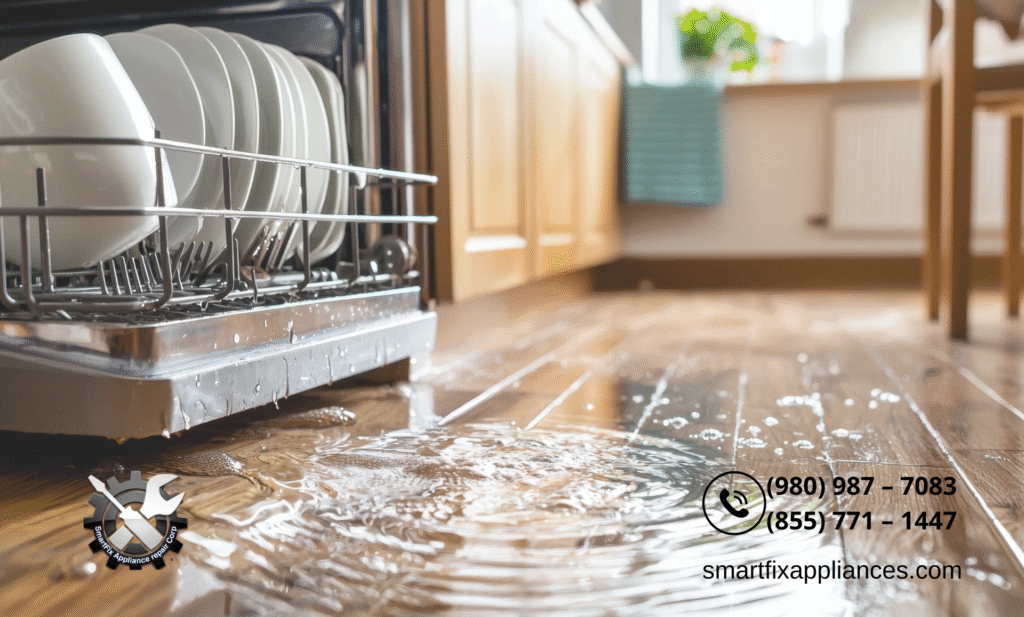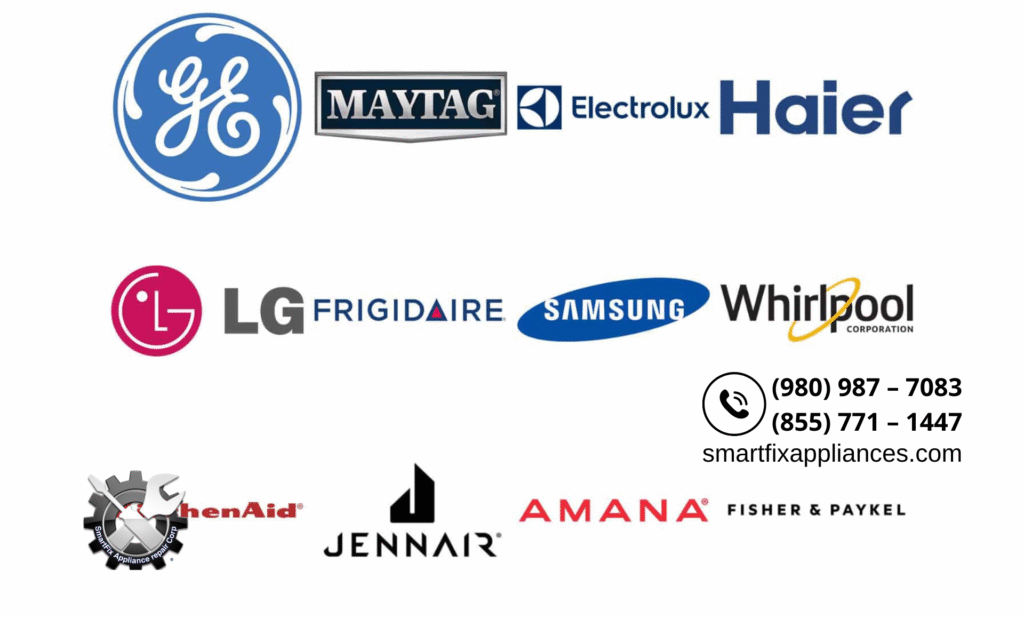How to Choose Between Repairing and Replacing Your Appliance
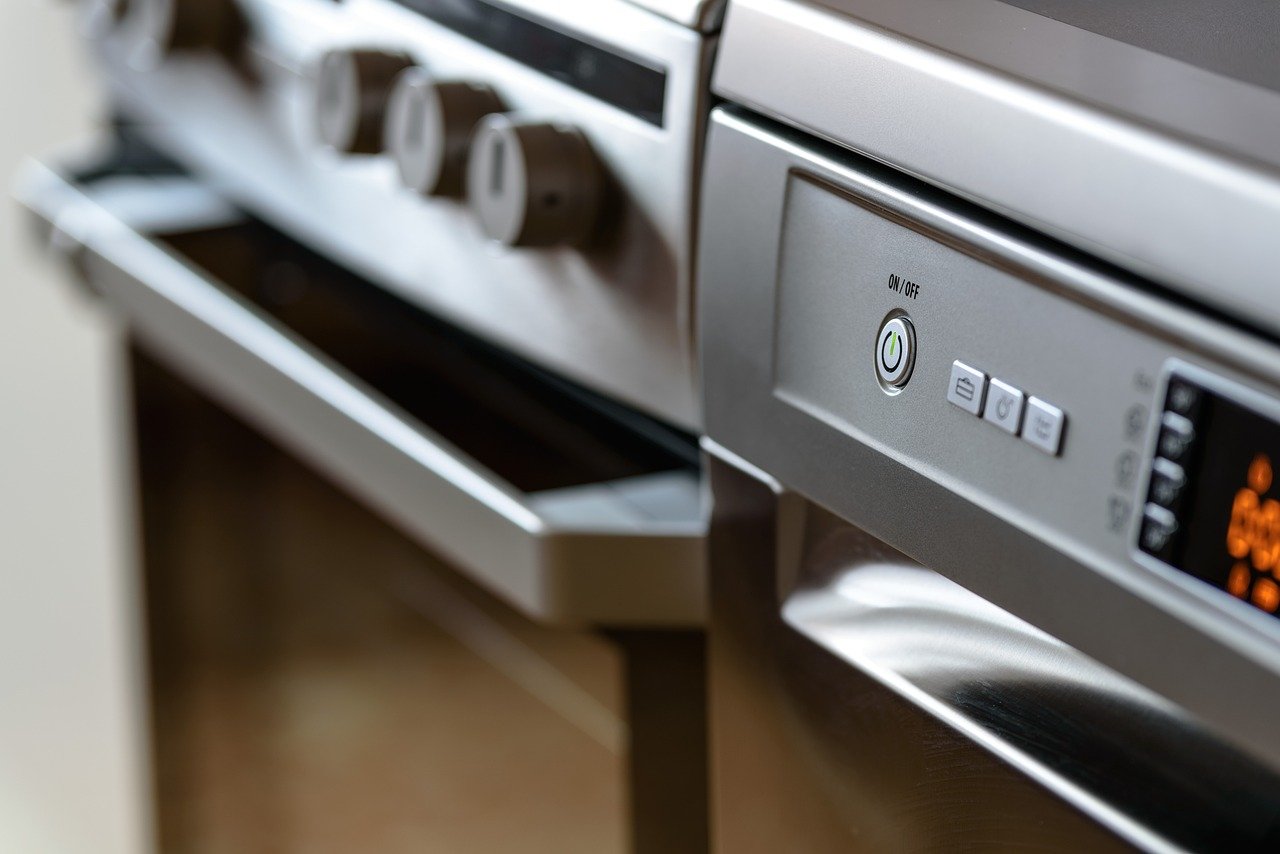
We’ve all been there – your trusted appliance suddenly stops working, and you’re left wondering: should I repair it or just replace it? It’s a common frustration, especially when you rely on these machines to keep your home running smoothly. But don’t worry, we’re here to help guide you through the decision-making process.
Choosing between repair and replacement is more than just about convenience. It’s about finding a balance between immediate costs and long-term savings. A well-timed repair can give your appliance a second life, while a replacement might be the smarter choice if the machine is inefficient or prone to constant issues. Plus, let’s not forget the environmental impact – repairing can reduce waste and save resources.
In this guide, we’ll walk you through the key factors to consider, so you can make the best choice for your home, budget, and peace of mind.
Assessing the Age of the Appliance
One of the first things to consider when deciding whether to repair or replace your appliance is its age. Every appliance has a general lifespan, and understanding where yours falls on that timeline can help you make a more informed decision.
Appliance Lifespan Guidelines
On average, most household appliances have the following lifespans:
- Refrigerators: 10-15 years
- Washing Machines: 8-12 years
- Dishwashers: 8-10 years
- Dryers: 10-13 years
- Stoves/Ovens: 10-15 years
- Microwaves: 7-9 years
If your appliance is approaching or exceeding these ranges, it may be time to consider replacement, especially if it’s already been repaired multiple times. Older machines often become less reliable and efficient as they age.
When Age Matters
The age of your appliance plays a significant role in the repair vs. replace decision. If your machine is still relatively young and the repair is minor, it might make sense to fix it. However, if the appliance is nearing the end of its lifespan, replacement might be the smarter choice. Constant repairs on older models can add up quickly and may cost more than a new machine in the long run.
Technology Advancements
Appliances have come a long way in the last decade, with newer models offering better energy efficiency and smart features. If your appliance is older, you might be missing out on these advancements. Newer machines often use less electricity and water, which can save you money on utility bills over time. Plus, they’re built with features like smart connectivity, enhanced safety, and improved performance that can make your life easier.
In the end, if your appliance is getting old, upgrading to a newer model might not only solve your immediate problem but also provide long-term benefits.
Cost Analysis: Repair vs. Replacement

When faced with a broken appliance, cost is often the deciding factor. Should you invest in repairs or bite the bullet and buy a new one? Let’s break it down.
Repair Costs
Appliance repair costs can vary significantly depending on the issue and the type of machine. Here’s a look at some common repairs:
- Refrigerator Compressor Replacement: $200-$500
- Washing Machine Pump Repair: $150-$300
- Dishwasher Drain Pump Repair: $100-$250
- Dryer Belt Replacement: $100-$200
- Oven Heating Element Repair: $100-$300
While smaller fixes, like replacing a belt or a pump, may seem affordable, more complex repairs like a refrigerator compressor or a motor replacement can be pricey. It’s important to weigh the cost of the repair against the value of the appliance itself.
The 50% Rule
A good rule of thumb is the “50% rule.” If the cost of the repair is more than 50% of the appliance’s current value, it’s usually more practical to replace it. For example, if your refrigerator is worth $800 and the repair is going to cost $500, you might be better off investing in a new one. This rule helps prevent sinking too much money into an old machine that may soon need more repairs.
Long-Term Costs
It’s also important to think about the long-term costs. Sure, you might be able to repair your appliance now, but if it’s older or prone to breaking down, you could end up spending more on multiple repairs over time. Repeated service calls can add up quickly and might even exceed the cost of a brand-new appliance. In these cases, replacement becomes the more cost-effective option, offering peace of mind and potentially lower utility bills with a newer, more efficient model.
Energy Efficiency Considerations

When deciding between repairing or replacing an appliance, energy efficiency is a key factor that shouldn’t be overlooked. Modern appliances are designed to use less electricity and water, which can translate to both cost savings and environmental benefits.
Energy Consumption of Old vs. New Appliances
Older appliances, especially those over a decade old, are notorious for consuming more energy. Technological advancements have led to the development of Energy Star-rated models, which use significantly less electricity and water compared to their older counterparts. For example, a new Energy Star-certified refrigerator can use up to 40% less energy than models built 10-15 years ago. Similarly, modern washing machines are designed to use 30-50% less water.
By upgrading, you’re not just improving performance, you’re also making a choice that can reduce your household’s energy consumption.
Environmental Impact
Reducing energy consumption isn’t just good for your wallet—it’s good for the planet. Newer appliances produce fewer carbon emissions, as they use less power from the grid. This reduced environmental footprint can make replacing an outdated, inefficient model a more appealing option, especially if you’re looking to live a more eco-friendly lifestyle. Choosing energy-efficient models helps conserve natural resources and supports sustainability efforts, which can be a motivating factor for environmentally conscious consumers.
Cost Savings Over Time
While the initial cost of purchasing a new, energy-efficient appliance may be higher, the savings you’ll see on your utility bills can help offset the expense over time. For example, switching to a more efficient refrigerator or dishwasher could save you hundreds of dollars in energy and water costs over the course of its lifespan. The longer you use an energy-efficient appliance, the more you’ll save, making it a smart long-term investment.
In the end, if your current appliance is draining energy and hiking up your bills, replacing it with a newer, more efficient model might pay off faster than you think.
Frequency and Severity of Breakdowns
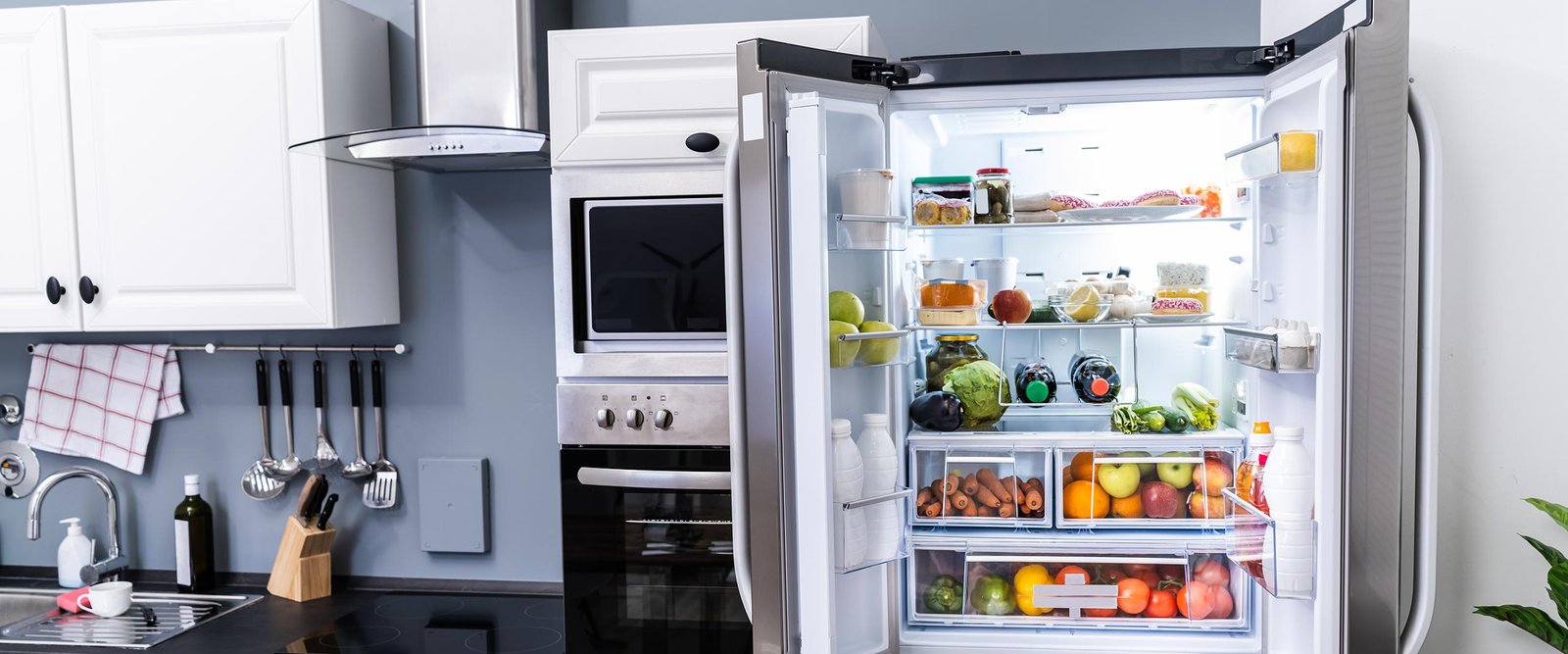
One of the most telling factors in the repair vs. replace decision is how often your appliance breaks down and how serious those issues are. If you find yourself constantly scheduling repairs, or if the problems are particularly severe, it may be time to consider replacement.
Minor vs. Major Breakdowns
Not all breakdowns are created equal. A minor issue, such as a broken door seal, faulty control knob, or clogged drain pump, is usually worth repairing since these problems are relatively inexpensive and easy to fix. However, a major breakdown, like a failing compressor or motor, can be a different story. These parts are often costly to repair, and the fix may not guarantee the long-term functionality of the appliance.
When assessing the problem, consider the severity. If the repair is minor and the appliance is otherwise in good shape, a quick fix might be all you need. But for larger, more critical components, replacement could be the smarter option in the long run.
Chronic Problems
If your appliance has become a frequent guest at the repair shop, that’s a red flag. Multiple breakdowns over a short period often signal that the appliance is nearing the end of its life. In this case, it may make more sense to invest in a new appliance rather than continue to throw money at repeated repairs. Chronic problems can also result in more downtime, adding to the inconvenience of dealing with a malfunctioning appliance.
Safety Concerns
Certain issues go beyond mere inconvenience and can pose serious safety risks. Electrical problems, gas leaks, and faulty wiring are all examples of breakdowns that could create hazardous conditions in your home. For instance, a stove with a faulty gas valve or an oven with problematic wiring could become a fire risk. In these cases, replacement is not only a smart choice—it’s a necessary one for the safety of your household. When in doubt, always prioritize safety over the potential cost savings of a repair.
Availability of Replacement Parts
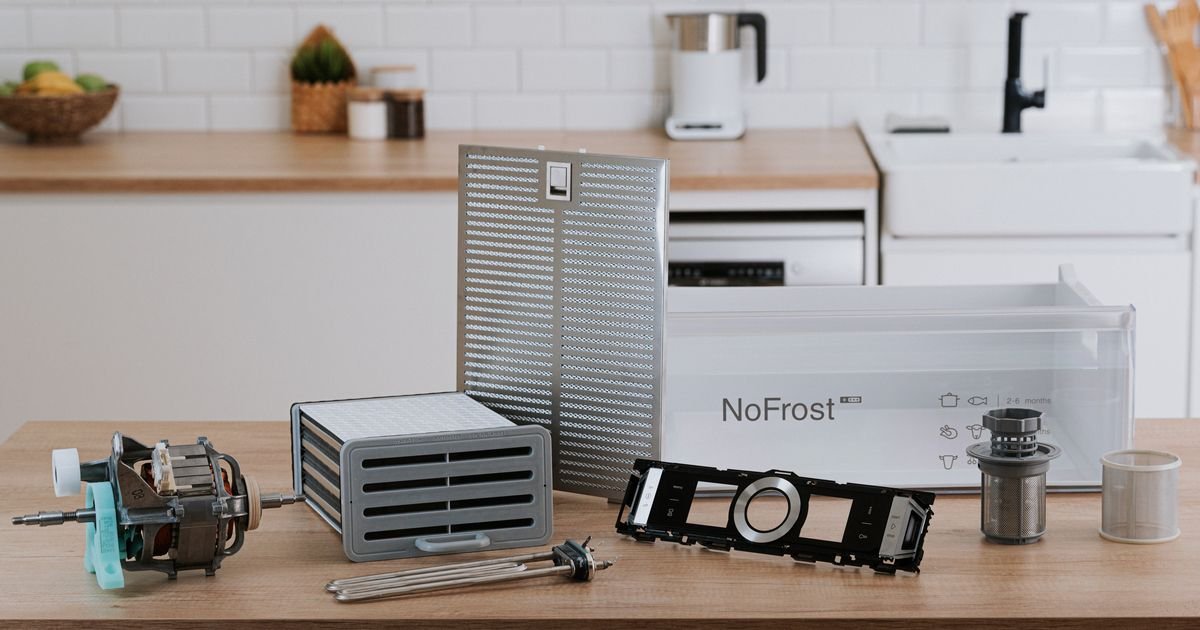
When deciding whether to repair or replace an appliance, the availability of replacement parts is a critical consideration. Especially with older or discontinued models, finding parts can become more challenging and expensive over time.
Older Models and Parts Availability
As appliances age, manufacturers may stop producing certain components. This can make it difficult to find the parts needed for repairs, and when parts are available, they may come at a premium due to scarcity. If your technician is constantly searching for hard-to-find parts or if the replacement components are coming with a steep price tag, it may be a sign that your appliance is nearing the end of its life.
Obsolete Models
In some cases, the appliance itself may have been discontinued by the manufacturer. When this happens, not only are parts more challenging to source, but technical support for the model may be limited as well. If an appliance has been deemed obsolete, finding parts or getting a reliable repair can become a frustrating and costly process. In these instances, replacement is often the only practical solution, allowing you to upgrade to a newer model with easily accessible parts and service.
Warranty and Service Plan Coverage
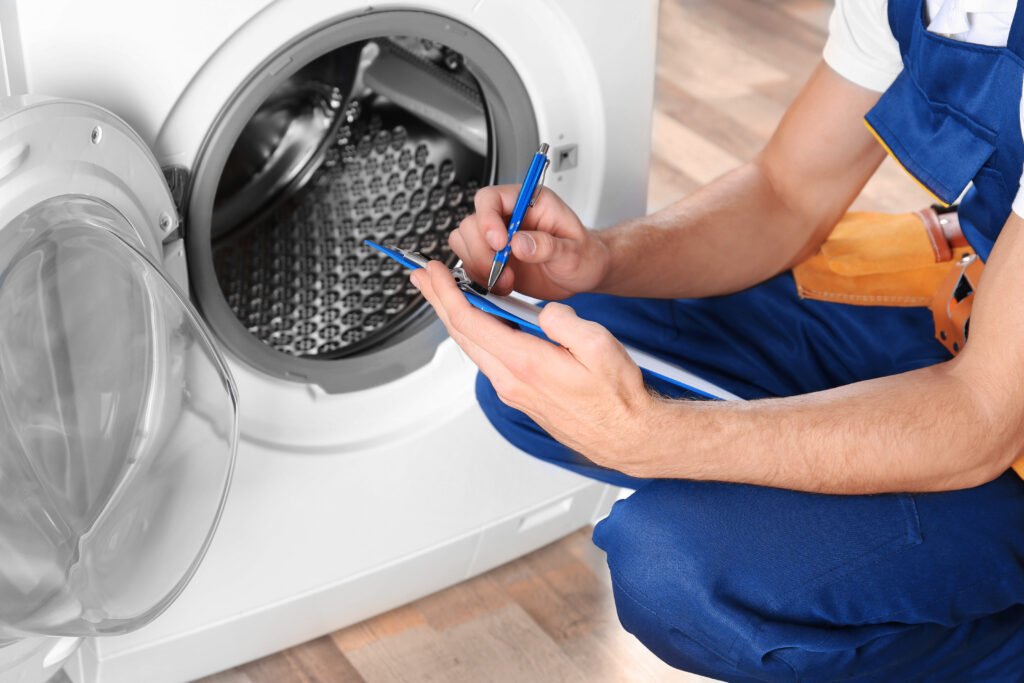
When deciding between repairing or replacing an appliance, it’s essential to consider any existing warranties or service plans that could influence your decision. These protections can provide significant financial benefits and help streamline the repair process.
Check Your Warranty
Before making any decisions, take a moment to review your appliance’s warranty. Many appliances come with a manufacturer’s warranty that covers repairs for a certain period after purchase. If your appliance is still under warranty, repairs can often be made at little to no cost to you. This makes repair the clear choice, allowing you to extend the lifespan of your appliance without incurring hefty expenses. Always check the terms and conditions to understand what is covered and for how long.
Extended Service Plans
If you have an extended warranty or service plan, this can also play a crucial role in your decision-making process. These plans typically cover repairs beyond the manufacturer’s warranty period, often for a set fee. If your appliance is experiencing issues that are covered under your plan, opting for a repair can save you significant amounts of money. Plus, many service plans include additional perks, such as priority service or free annual maintenance checks, making repairs more convenient and cost-effective.
However, it’s important to consider the cost of the service plan itself. If you find that the plan is too costly or if your appliance frequently breaks down, it may be worth weighing the benefits of replacing it entirely instead.
Sentimental or Special Circumstances
When it comes to appliance repair, sometimes emotions and unique circumstances play a significant role in the decision-making process. For certain individuals, an appliance might hold sentimental value, making the choice to repair rather than replace more personal and meaningful.
Vintage or High-End Appliances
Vintage or high-end appliances can be more than just functional items; they often represent a connection to the past or a significant investment. For example, if you own a vintage refrigerator that has been in your family for generations, you may choose to repair it due to the memories it holds. Similarly, high-end models, such as luxury ovens or custom-built refrigerators, may be worth repairing if they feature unique designs or functionalities that are hard to replicate in newer models.
Special Considerations
In some cases, the cost of replacing a high-end appliance can be significantly higher than repairing it. If you have invested in a top-of-the-line washer or dryer, for instance, it may make more sense to repair it, especially if it’s still performing well and meets your needs. These unique circumstances often call for careful consideration and an emotional connection to the appliance, influencing your choice to preserve rather than replace.
Making the Final Decision
In the end, deciding whether to repair or replace your appliance can feel overwhelming, but focusing on key factors can simplify the process.
Consider the age of the appliance, the cost of repairs versus replacement, energy efficiency, the frequency and severity of breakdowns, the availability of replacement parts, and any warranty or service plan coverage. Each of these elements plays a crucial role in helping you make an informed choice that aligns with your needs and budget.
If you’re still unsure, seeking a professional evaluation can provide clarity. An experienced technician can assess the appliance’s condition, offer insights into potential costs, and help you weigh your options based on their expertise.
At SmartFix, we’re here to help you navigate these decisions with confidence. Contact us today for expert advice and reliable repair services that ensure your appliances keep running smoothly, allowing you to focus on what truly matters—creating beautiful memories in your home.
Do you want to know more or need a consultation?
Contact us and we will get back to you.
[arrow-down]
